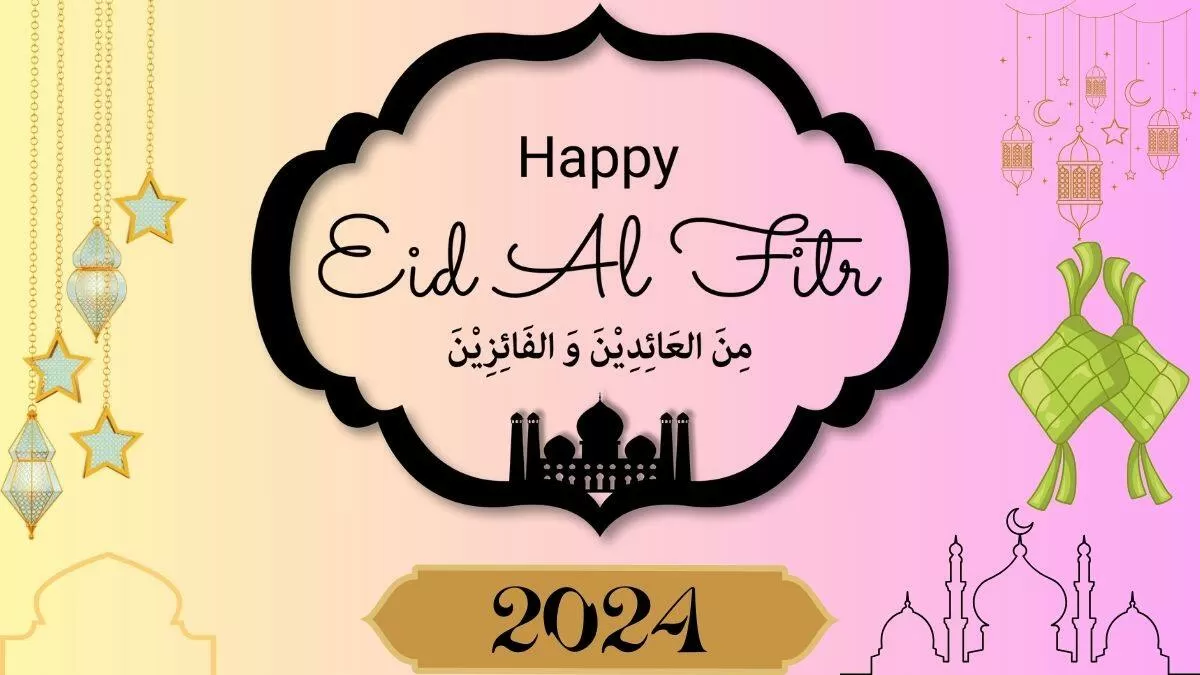Globally, the Muslim community constitutes a substantial segment, with an estimated 1.9 billion adherents, representing roughly a quarter of the global populace. Indonesia commands the forefront in terms of Muslim demographics, being home to 240 million Muslims. Trailing closely are Pakistan and India, with populations of 225 million and 211 million Muslims respectively, followed by Bangladesh and Nigeria, housing 155 million and 111 million Muslims.
In nations where Muslims form the majority, Eid is traditionally observed as a three-day official holiday. The duration of the holiday, however, fluctuates across different countries. The commencement of Eid is marked by the faithful engaging in a prayer service at dawn’s first light, which is succeeded by a concise sermon.
The greeting that resonates most during this festive time is 'Eid Mubarak,' meaning 'Blessed Eid,' or 'Eid sa’id,' translating to 'Happy Eid.' These congratulations, however, are as diverse as the countries and languages they are spoken in.
ALSO READ| Eid al-Fitr 2024: What are the Key Differences Between Eid-ul-Fitr and Eid-ul-Adha?
Why Do We Say Eid Mubarak Not Happy Eid?
The salutation 'Eid Mubarak' holds a venerable place within the Eid observances of the Muslim community. In the Arabic lexicon, 'Eid' conveys the notion of a 'festival' or 'celebration,' and 'Mubarak' embodies the concept of being 'blessed.' Thus, 'Eid Mubarak' is an apt declaration of 'blessed celebration.' It serves as an expression of good tidings for the festival, akin to the more secular 'Happy Eid,' yet it carries a deeper traditional and cultural resonance. This greeting is deeply rooted in Islamic tradition and is prevalently used to articulate sentiments of joy, blessings, and happiness during this auspicious time.
Nevertheless, Islamic doctrine traditionally endorses the greeting 'Taqabbal Allahu minna wa Minkum,' which beseeches 'May Allah accept [the worship] from us and from you.' This greeting, while reflecting the spiritual core of Eid, can pose articulation challenges for those not fluent in Arabic.
Guide to 'Eid Mubarak' in Various Arabic Dialects
- Eid Mubarak (عيد مبارك) or Eidkom Mubarak (عيدكم مبارك)
- Eid Saeed (عيد سعيد)
This translates to “Happy Eid” and is suitable for any Eid celebration across Arabic-speaking regions, from the Persian Gulf to North Africa.
- Responses include Eid Mubarak (عيد مبارك), Eid Saeed (عيد سعيد), or the widely favoured A’layna wa a’leykom (علينا و عليكم), meaning “Upon us and upon you [all].”
ALSO READ| Eid 2024: Is Eid al-Fitr on April 10 or 11 in India? Check the Date and Moon Sighting Timings Here
